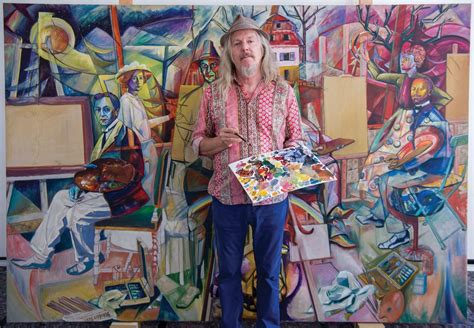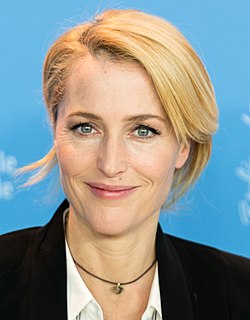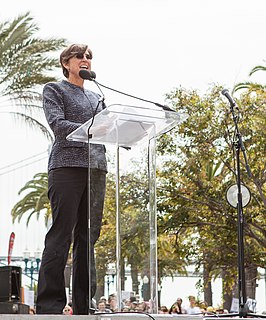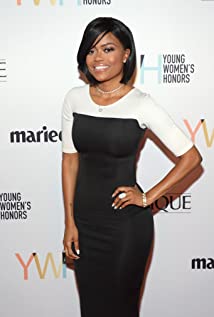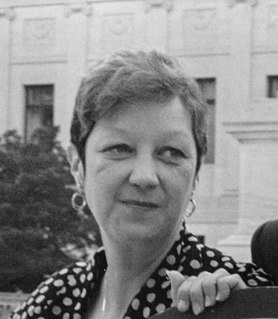A Quote by Ayelet Waldman
I did not want to raise a genetically compromised child. I did not want my children to have to contend with the massive diversion of parental attention, and the consequences of being compelled to care for their brother after I died. I wanted a genetically perfect baby, and because that was something I could control, I chose to end his life.
Related Quotes
Changing things is not easy, and I say this without any irony. It is not that someone does not want to, but because it is a hard thing to do. Take Obama, a forward-thinking man, a liberal, a democrat. Did he not pledge to shut down Guantanamo before his election? But did he do it? No, he did not. And may I ask why not? Did he not want to do it? He wanted to, I am sure he did, but it did not work out. He sincerely wanted to do it, but did not succeed, since it turned out to be very complicated.
You can be born gay, but not because of your genetics, I think because of your subconscious more than your genetics. I think genetically, we're made to reproduce. We can't survive this route. Genetically, that's the way to go. Genetically, we have to reproduce, but subconsciously, and preferentially, you can be born with that.
When we worked at the pottery, we did learn to make pots, that is, the physical act of making the pot. We learned to control clay, to put it where you want it and not just wherever it wanted to go, and that was valuable. At the end of about six months, though, I think if that was all we had, we may have been inclined to leave because the workshop did not challenge us so much as living with [Bernard] Leach did.
Fame never interested me. I could have exhibited more of my own works in the 1970s, but I didn't want to. It's sort of like being a child. When you're finished with school, you have only one thing on your mind: to get out and experience life. Did I want to spend all my time working on a painting? No, I wanted to have fun, travel, meet women and live life.
It's not difficult to take care of a child; it's difficult to do anything else while taking care of a child. Trying to clean up the kitchen after you've had a baby is a nightmare because you have to wait for the baby to be asleep, you're exhausted, and you really don't want to clean up the kitchen now.
One of my constant reminders was, "End practice on a happy note." I wanted the boys to want to come out to practice, and I wanted them to get a certain amount of pleasure out of basketball. It's a game. It should be fun. So I always tried to counterbalance any criticism in practice with a bit of praise. I wanted my players to feel that the worst punishment I could give them was to deny them the privilege of practicing. If they did not want to practice, I did not want them there.
There is broad scienti?c consensus that genetically engineered crops currently on the market are safe to eat. After 14 years of cultivation and a cumulative total of 2 billion acres planted, no adverse health or environmental effects have resulted from commercialization of genetically engineered crops.








